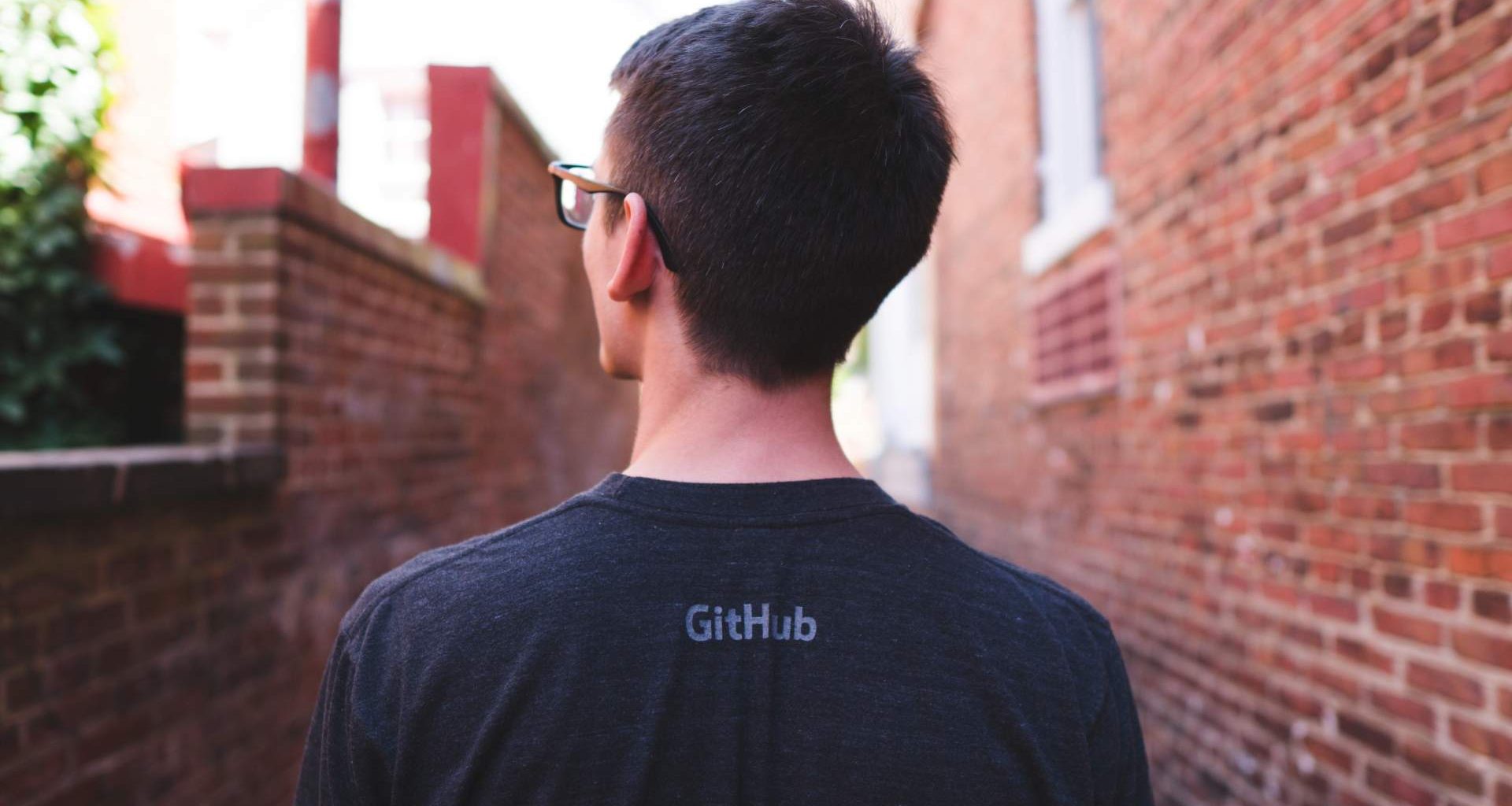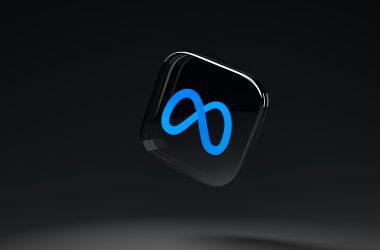GitHub, the global hub for developers, has taken a significant leap into the future of AI-driven coding with the general availability launch of Copilot Chat. Initially introduced to organizations subscribed to Copilot for Business, and later to individual Copilot customers in beta, Copilot Chat is now accessible to all users. The chatbot, akin to ChatGPT, is seamlessly integrated into Microsoft’s IDEs, Visual Studio Code, and Visual Studio, forming part of GitHub Copilot’s paid tiers and being free for verified educators, students, and maintainers of specific open-source projects.
Powered by OpenAI’s GPT-4, Copilot Chat remains a programming-centric chatbot fine-tuned for developer scenarios. The goal is to provide real-time guidance by responding to natural language prompts, allowing developers to seek explanations, detect vulnerabilities, or generate unit tests effortlessly. Shuyin Zhao, VP of product management at GitHub, emphasized that Copilot Chat represents the most widely adopted AI developer tool in history, marking a significant milestone for GitHub.
While Copilot Chat introduces groundbreaking features, the persistent challenge of training data has raised eyebrows within the developer community. GitHub, along with other vendors, contends that fair use doctrine shields them from copyright claims regarding the publicly available data used in training. However, this stance has prompted class action lawsuits alleging open-source licensing and IP violations. Zhao indicated that, with the general launch, there’s no new mechanism for codebase owners to opt out of training. She suggested that making repositories private is the current workaround, a suggestion that might not sit well with codebase owners who have valid reasons for keeping their code public.
Generative AI models, including GPT-4, come with their challenges, such as hallucinations or confidently generating inaccurate facts. Zhao acknowledged these concerns and highlighted that GPT-4 performs better against hallucinations compared to its predecessor. GitHub Copilot incorporates filters for insecure code patterns, notifying users of potential vulnerabilities like hardcoded credentials, SQL injections, and path injections. Despite these features, Zhao stressed the importance of human review, underlining the collaborative nature of AI and human expertise.
As GitHub aims to solidify Copilot’s position in the market, it faces financial challenges, with reports suggesting losses of up to $80 per month per user. Competitors like Amazon’s CodeWhisperer are making strides, offering free usage and enhanced features to entice developers. GitHub’s commitment to empowering developers with AI tools remains unwavering, with Copilot standing as a testament to their dedication.
Image credit: Unsplash









